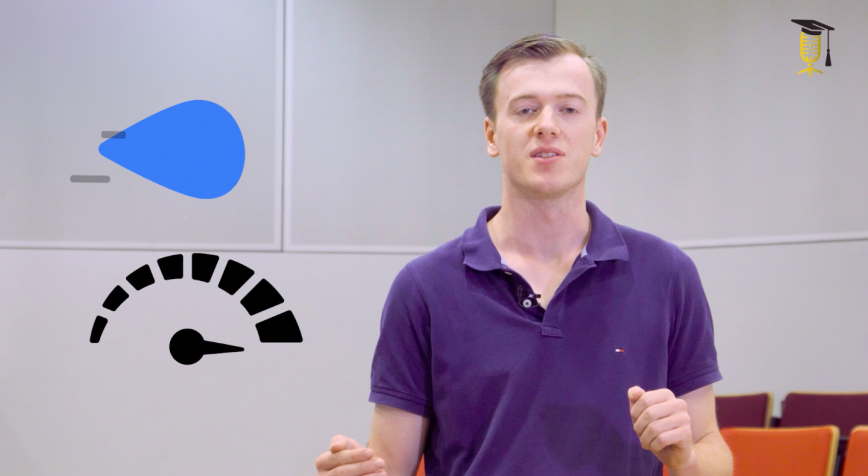
FWO
UHasselt
No dirty glasses anymore!
Pieter Verding wants to make your life easier. His goal: to make sure you no longer have to clean your windows or glasses. How? Well, by developing self-cleaning coatings 👇 🎥

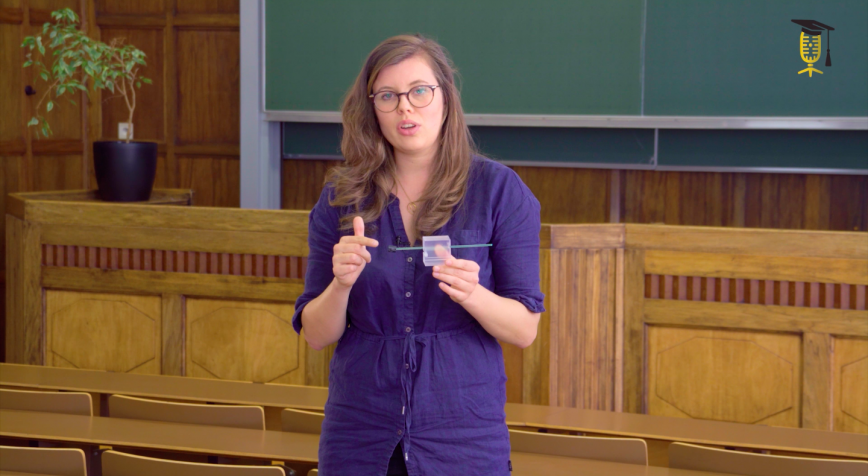
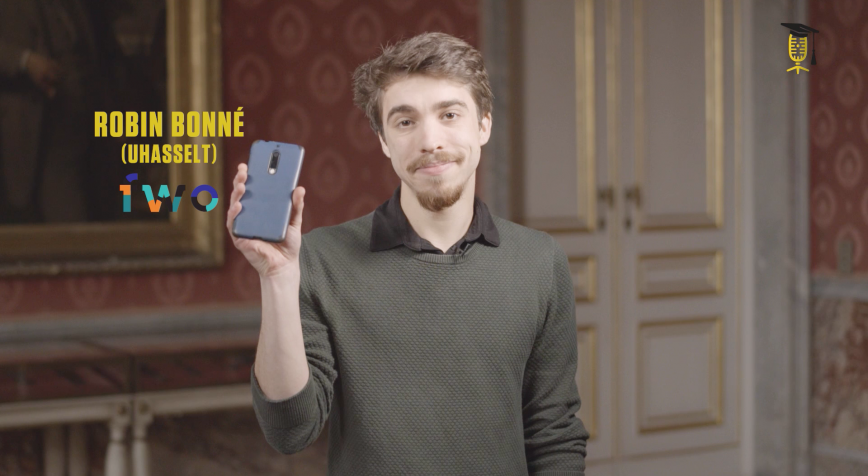
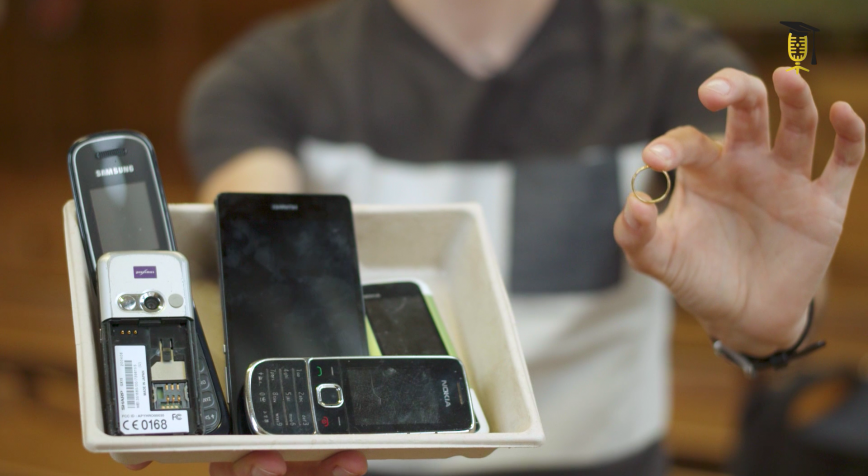
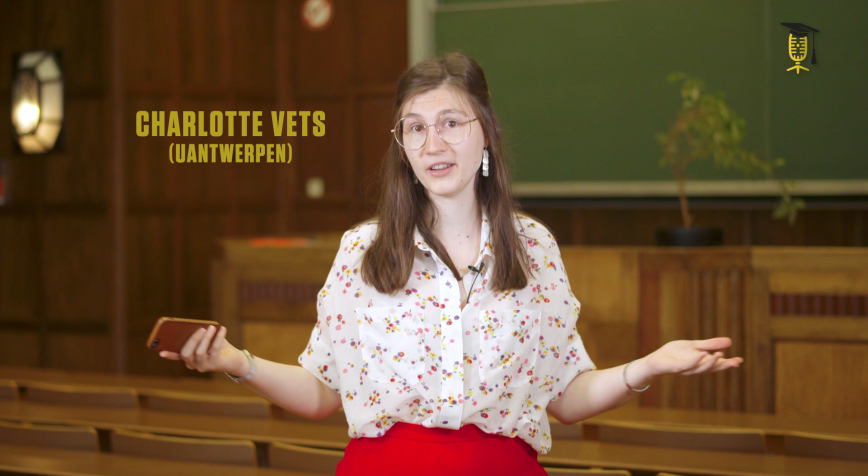
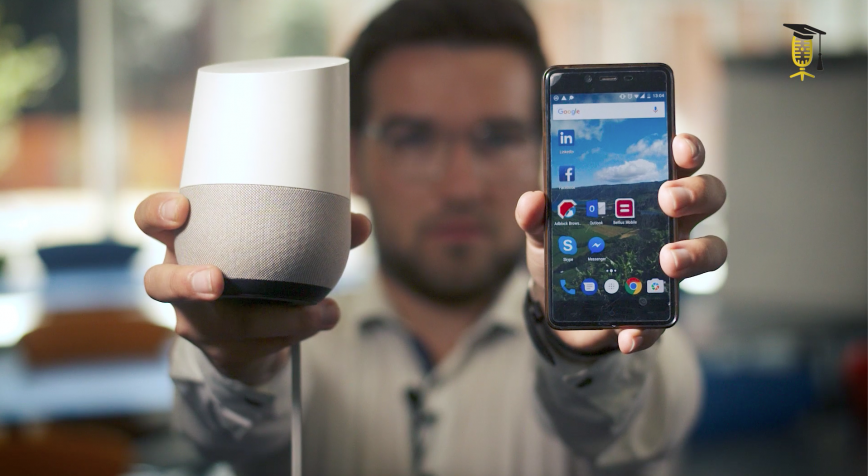
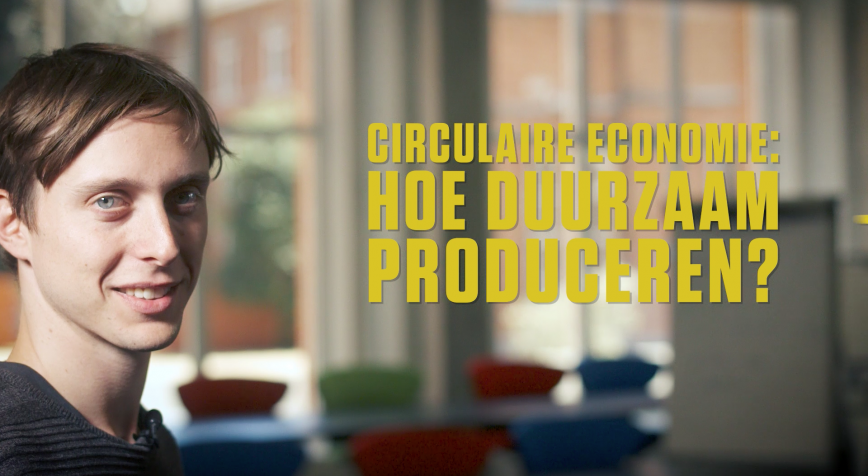
Expect 2 new videos every week. Want to stay up to date?